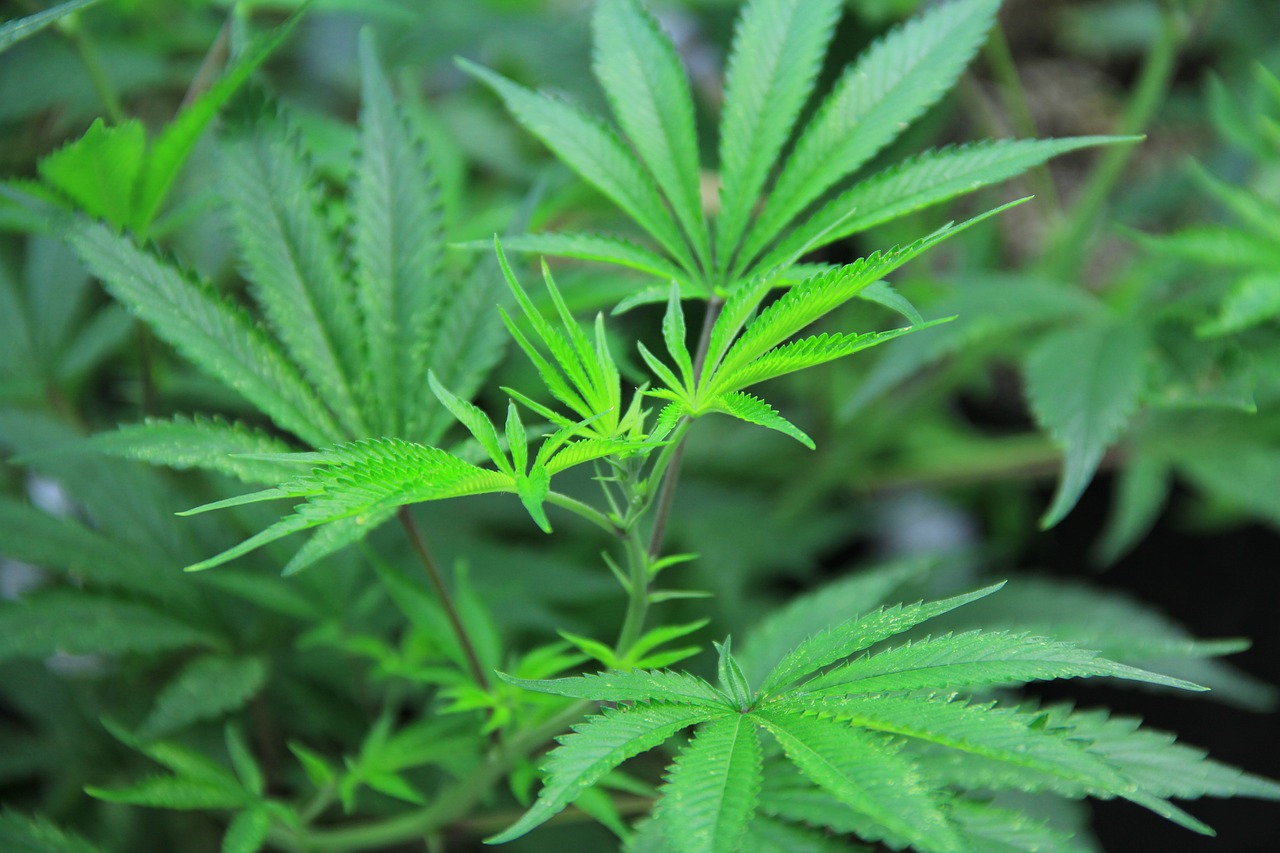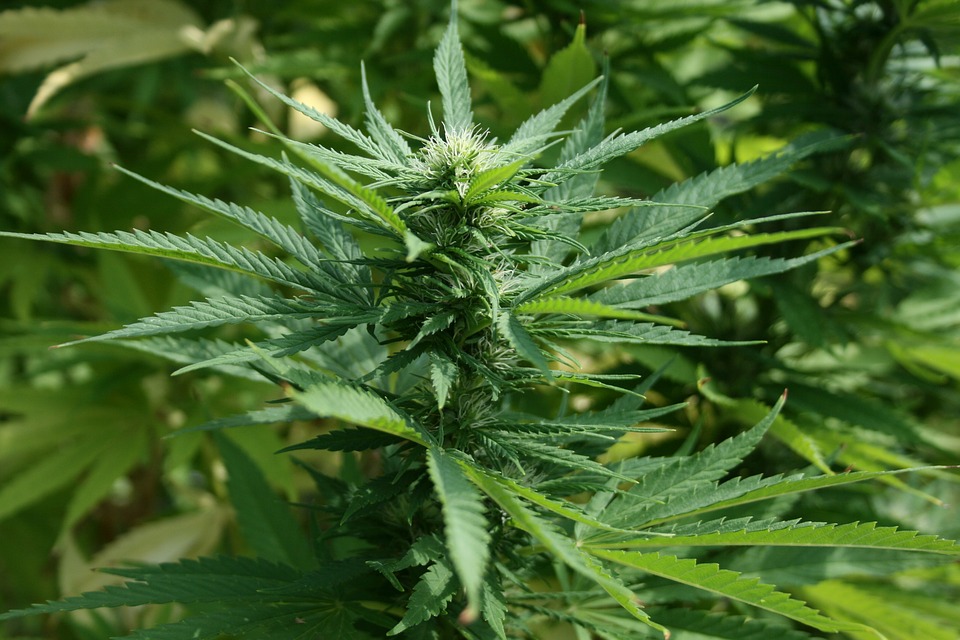
Sleep disorders such as insomnia affect many people across the world. In the United States alone, about 25% of Americans have insomnia each year. Quality sleep is essential for the proper functioning of the body and mind. Apart from insomnia, post-traumatic stress disorder (PTSD) is also a significant issue. Approximately 70% of adults go through one traumatic event in life, and 20% of them develop PTSD. Every year, 8 million people suffer from PTSD.
These statistics show that insomnia and PTSD are critical issues that we can no longer ignore in our society. The current pharmaceuticals available for treatment cause side effects.
Cannabis contains many benefits, which explains its use for recreation and health purposes. It can be useful in the treatment of both insomnia and PTSD. It contains various properties, including anti-inflammatory, pain relief, and anxiety relief, among others, which are helpful in these conditions.
However, the potency of cannabis varies depending on the strain and quality of cannabis you are using. So, make sure to use the right strain and make purchases from reputable sellers. You can shop at Getkush for high-quality weed products for guaranteed results.
Check out below to learn how cannabis can help with insomnia and PTSD.
Cannabis and Insomnia
The two main components present in cannabis are THC and CBD. Most research focuses on CBD due to its ability to help with insomnia without causing psychoactive effects. It reacts with the endocannabinoid system, which is responsible for functions such as sleep to help one achieve better sleep and fight insomnia.
There is a need for safe and effective treatments for insomnia. Cannabis seems to be a good fit for managing the condition. A study involving 147 participants, with some of them facing sleeping difficulties, discovered that using cannabis significantly reduces the time taken by victims before sleeping.
Consumption of cannabis with high levels of THC produces better sleep-inducing characteristics than CBD. THC components can reduce the time taken by a person to fall asleep. Cannabis may be a great help to people who have trouble falling asleep. It is worth noting that pain can be the reason why you are not getting enough sleep. The good news is that cannabis also has pain-relieving properties. It can help improve your health by reducing chronic pain and giving you better sleep.
Research on the CBD component of cannabis shows that it reduces anxiety, and this, in turn, can help you to sleep better. More importantly, CBD affects the sleep cycle by improving the symptoms of REM disorder. People suffering from REM disorder act out in their dreams, and this makes it hard for them to sleep well. It turns out that CBD can help with this.
It improves sleep by tackling the root cause of insomnia, which lies in the receptors in the endocannabinoid system. One can buy seeds online and grow indoor cannabis plants and start reaping benefits today. Therefore, cannabis can help with insomnia by eliminating the causes of sleeplessness and combating excessive daytime sleepiness.

Cannabis and PTSD
PTSD is a psychological condition that occurs after a terrifying or traumatic event. The patient may experience symptoms such as anxiety, nightmares, and flashbacks. It affects the quality of life because one has uncontrollable thoughts concerning the event. Cannabis can help to alleviate the symptom of PTSD. In a recent meta-analysis of previous studies on cannabis use for PTSD, the researchers found out that most studies highlight that cannabis can reduce nightmares and sleep disturbances in patients. PTSD triggers stress, and this makes one tense and unable to sleep.
Cannabis comes in handy to reduce REM sleep and relieve recurring nightmares in patients with PTSD. In another study, the researchers used 47 patients who had regular nightmares. Findings from the study showed that patients experienced improved, decreased sweating at night, and reduced flashbacks following the use of synthetic cannabidiol. These results show that cannabinoids are effective in mitigating symptoms of PTSD.
Moreover, the CBD component of cannabis interacts with the receptors in the endocannabinoid system that is responsible for controlling mood. It regulates the production of stress hormones such as cortisol and promotes a state of balance in such a way that a person feels less anxious and depressed. Both CBD and THC help treat PTSD because they can influence the way that the brain processes memories. They act on the endocannabinoid system in the brain to regulate brain functions that PTSD affects. There is a connection between PTSD and insomnia; patients with PTSD have a hard time falling asleep. The sleeping aid properties of cannabis can help to calm such patients.
Conclusion
The result of the research shows that cannabis can help to cope with insomnia and PTSD. It interacts with receptors in our body to control functions such as anxiety and sleep. The CBD component of cannabis contributes to manage pain and inflammation, which may be a cause for insomnia.
Overall, cannabis eliminates the causes of insomnia and manages the symptoms of PTSD without causing any adverse side effects. When it comes to cannabis, dosage matters, and you should know the right quantity for insomnia and PTSD. You must begin with small doses while gradually increasing until you get the desired effect.
You may also like
How Does Cannabis Help Improve Workout Performance?
6 Benefits of CBD Oil for Your Health and Well-Being
Medical Marijuana: How It Works and Which Conditions It Treats
